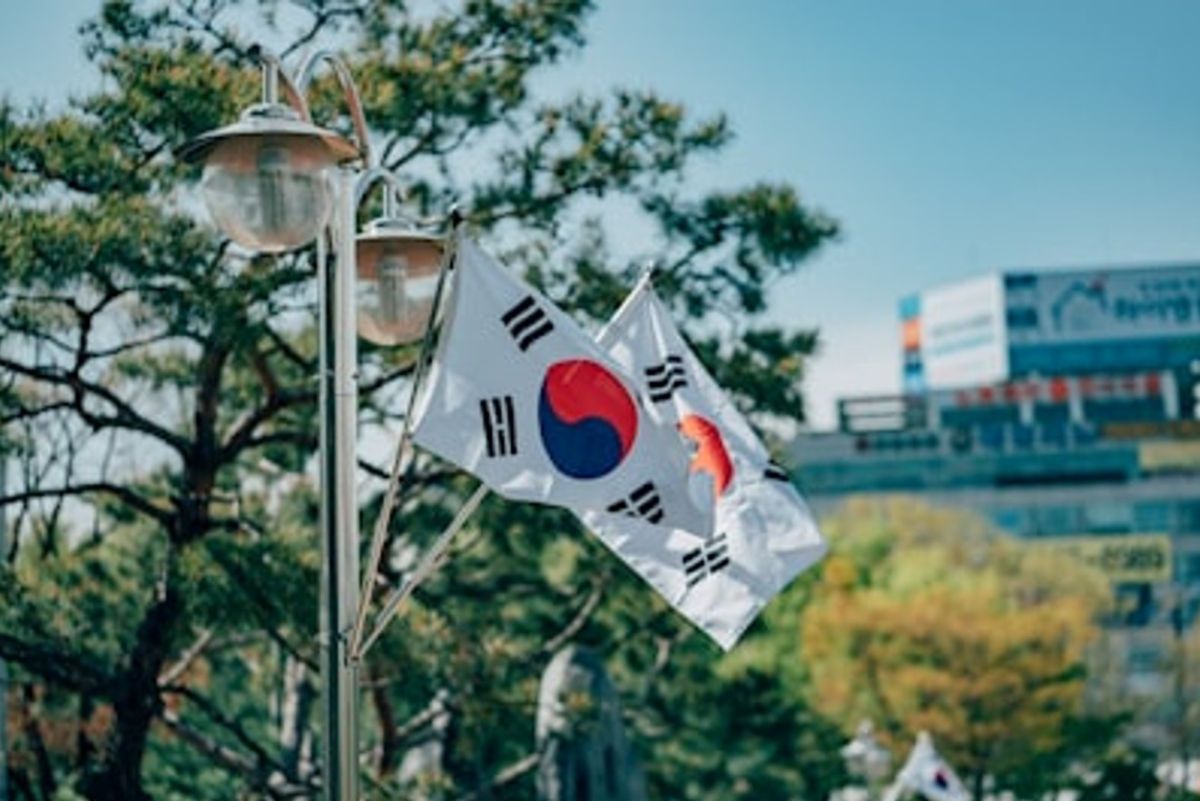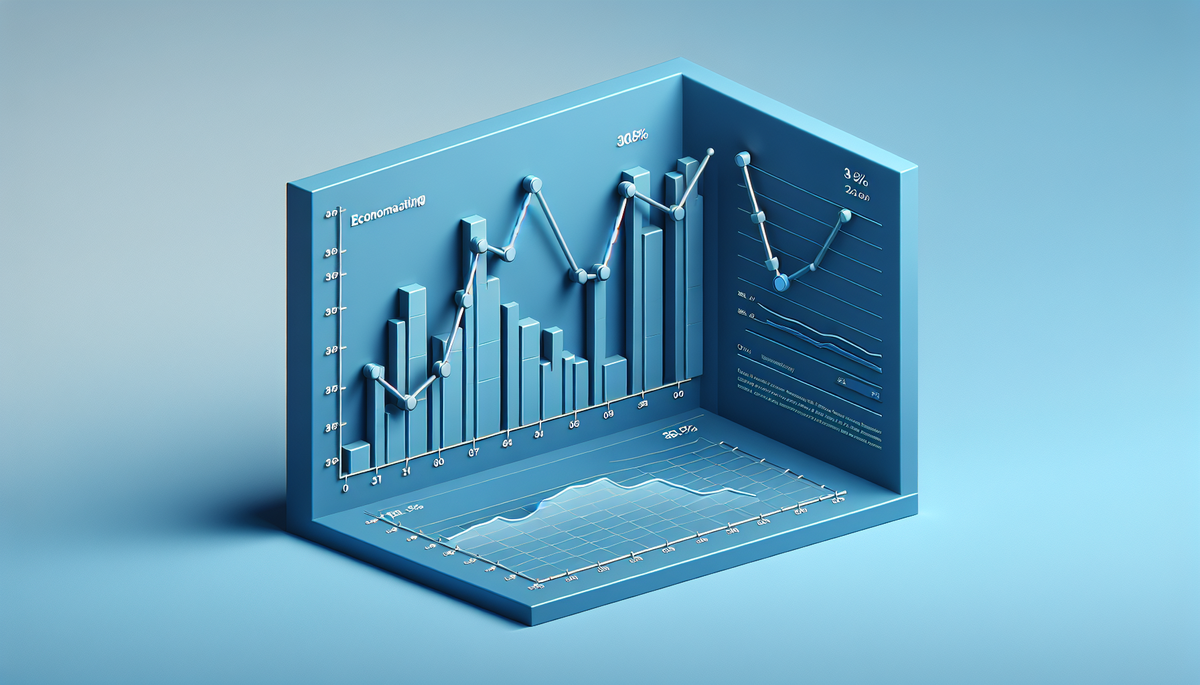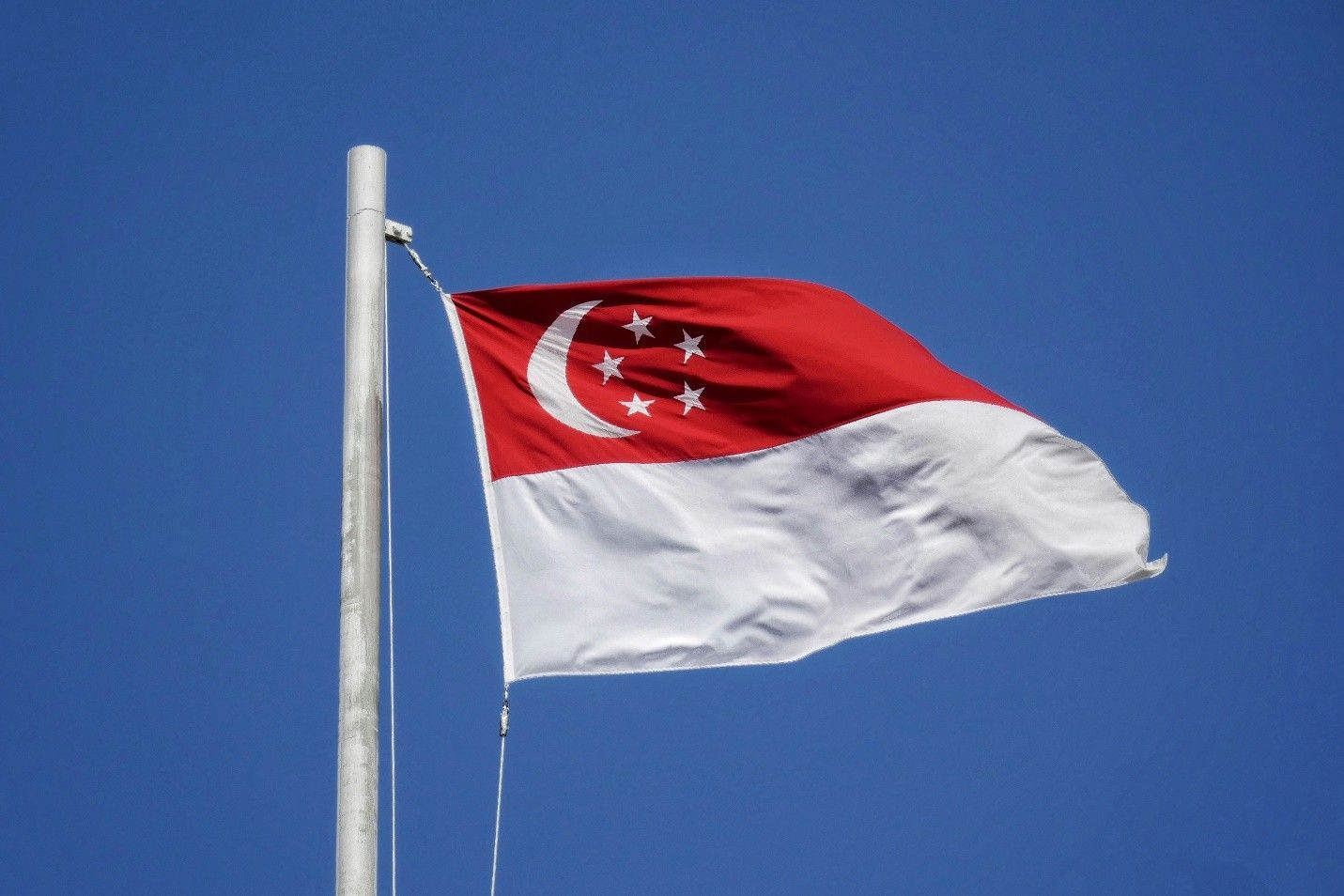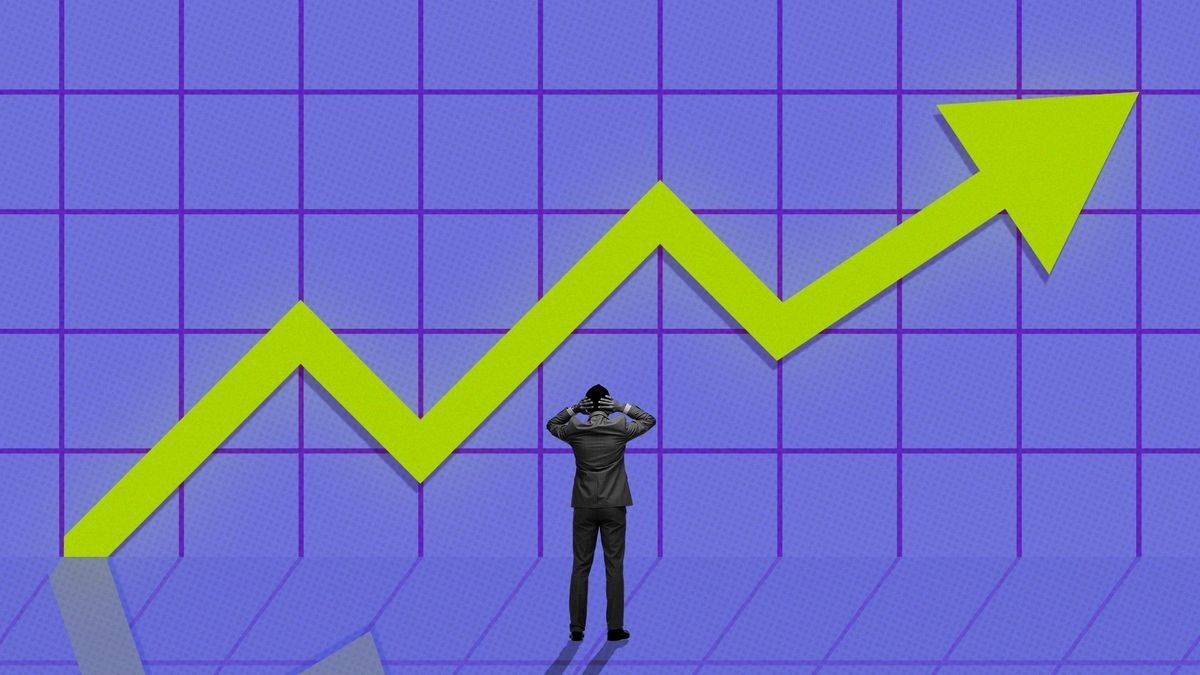
Economy, International Markets, Week in Review
South Korea’s GDP contracts by 1%, signaling a cooling economy
South Korea’s economy is currently facing a period of slower growth, with the first quarter of 2025 experiencing a contraction of 0.1% in gross domestic product (GDP). This downturn is attributed to various factors, including heightened political uncertainty and crippling tariffs.

South Korea’s economy is currently facing a period of slower growth, with the first quarter of 2025 experiencing a contraction of 0.1% in gross domestic product (GDP). This downturn is attributed to various factors, including heightened political uncertainty and crippling tariffs.
While the impeachment of South Korean President Yoon Seok Yeol, who served from 2022 to 2025, was welcomed by the South Korean markets, political uncertainties still continue. With a limited time to prepare campaigns, the primary race will be challenging. Additionally, the opposition Democratic Party (DP) faces the risk of violating election laws, which could complicate their campaign efforts.
“Recent polls show the DP leading the People’s Power Party (PPP), but the gap between the two parties (not candidates) remains within the margin of error,” reads an ING article. “Given the short campaign period and the lack of a clear frontrunner, we expect more focus on bickering than on substantive policy debates this election season.”
The government is seeking bipartisan support for a $10 trillion won supplementary budget bill aimed at addressing wildfire damage in the southern Korean Peninsula and supporting exporters. However, even if the bill passes, its relatively modest size and delayed rollout are unlikely to provide a meaningful economic stimulus.
South Korea’s economy is bearing the brunt of the U.S.-China trade war, with car sales to the U.S. making up 49% of the country’s total auto exports. “While U.S. President Donald Trump had temporarily suspended his blanket ‘reciprocal tariffs’ on April 9, South Korea is still subject to a 25% tariff on steel and automobiles, which are some of the country’s largest exports to the U.S.,” reads a CNBC article.
These tariffs have created a rift in the South Korean partnership with the U.S. “Korea is a bit caught in the middle between the U.S. and China, and balancing that relationship will likely be more challenging as trade tensions continue to escalate,” Jeremy Zook, Asia-Pacific director of Fitch Ratings, said in an interview with Reuters on Thursday.
Customers in South Korea have averaged 43 days beyond terms, with 57% saying payment delays have stayed the same, according to the FCIB Credit and Collections Survey. The most common causes for payment delays are supply chain and shipping disputes (40%), billing disputes (40%) and cultural norms and customs (40%). “Ensure you have local data on customers,” one respondent wrote.
The bottom line: While South Korea’s current economic slowdown presents notable challenges, the country remains strong and resilient. To manage risk effectively, credit professionals must stay prepared and attentive to the economic and political pressures of their South Korean customers.





